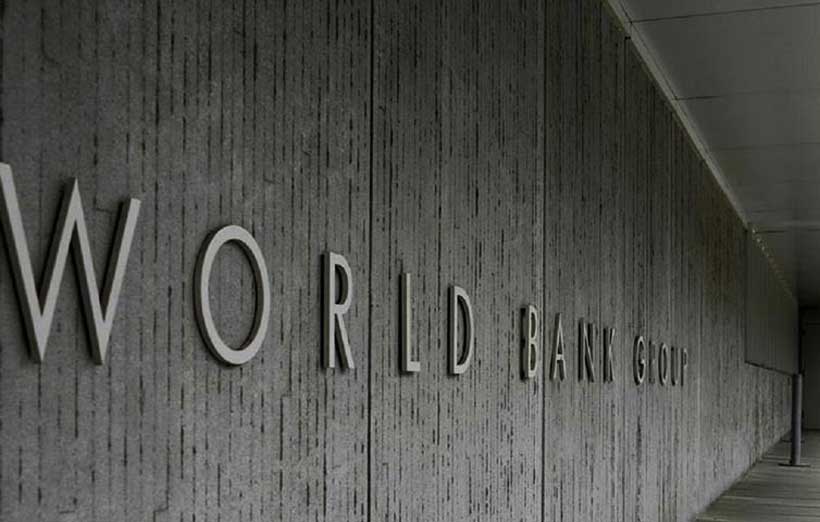The World Bank on Tuesday approved USD 800 million in financing for two programs in Pakistan-the Pakistan Program for Affordable and Clean Energy and the Second Securing Human Investments to Foster Transformation.
NEWS: The World Bank today approved $800 million in financing for two programs in #Pakistan: the Pakistan Program for Affordable & Clean Energy #PACE and the Second Securing Human Investments to Foster Transformation #SHIFTII. Learn more here: https://t.co/kNv2bYqN1H
— Najy Benhassine (@WBPakistanCD) June 29, 2021
According to a press release issued by the World Bank, the $400 million Pakistan Program for Affordable and Clean Energy (PACE) focuses on measures to improve the financial viability of the power sector and support the country’s transition to low-carbon energy.
PACE prioritizes actions needed to initiate critical power sector reforms focused on: reducing power generation costs; better targeting of subsidies and tariffs for consumers; and improving efficiencies in electricity distribution with the participation of the private sector.
NEWS: The $400m Pakistan Program for Affordable & Clean Energy #PACE focuses on measures to improve the financial viability of the power sector & support the country’s transition to low-carbon energy. Read more about the program here: https://t.co/0gEmMGsxOs pic.twitter.com/8k3Eqc85ym
— Najy Benhassine (@WBPakistanCD) June 30, 2021
WB task team leader for the programme, Rikard Liden said that decarbonizing the energy mix will reduce the dependence on fossil fuel imports and vulnerability to price fluctuations because of movement in exchange rates. PACE prioritizes action on such reforms, which must be sustained to address circular debt and set the power sector on a sustainable path.
The second $400 million program (SHIFT II) supports a federal structure to strengthen basic service delivery for human capital accumulation. The program will help improve health and education services, increase income-generation opportunities for the poor, and promote inclusive economic growth.
Read More: World Bank grants $442.4m to uplift social infrastructure in Punjab
The program will help improve health and education services, increase income-generation opportunities for the poor, and promote inclusive economic growth said the release.
Pakistan has been a member of the World Bank since 1950. Since then, the World Bank has provided $40 billion in assistance. The World Bank’s program in Pakistan is governed by the Country Partnership Strategy for FY2015-2020 with four priority areas of engagement: energy, private sector development, inclusion, and service delivery. The current portfolio has 57 projects and a total commitment of $13 billion.
“Strengthening services that build human capital in a coordinated manner between provincial and federal authorities, along with improved targeting of social safety nets, will better support families to recover from the COVID-19 crisis, and pave the way for more robust crisis preparedness in the future,” said Tazeen Fasih, World Bank Task Team Leader for the SHIFT II program.
According to Najy Benhassine, World Bank Country Director for Pakistan, reforms underpinning PACE and SHIFT can contribute to facilitating sustainable investments and generate welfare gains for those most in need.














